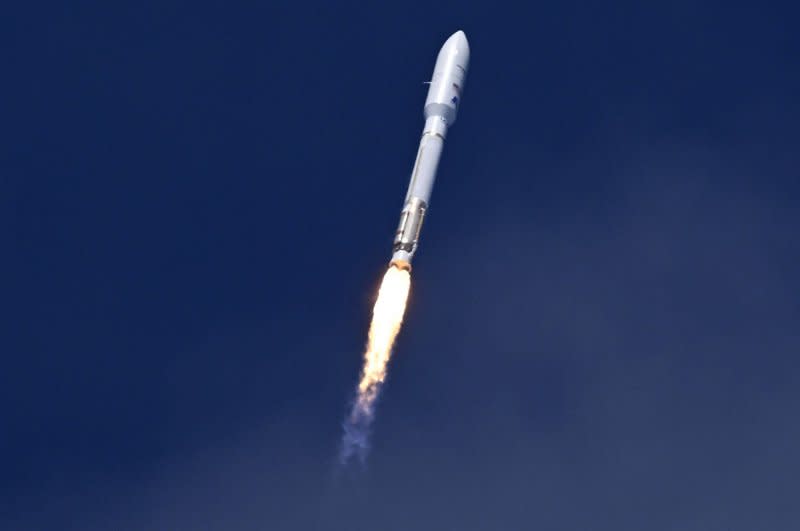Amazon's Project Kuiper launches twin satellites from Florida to expand broadband access
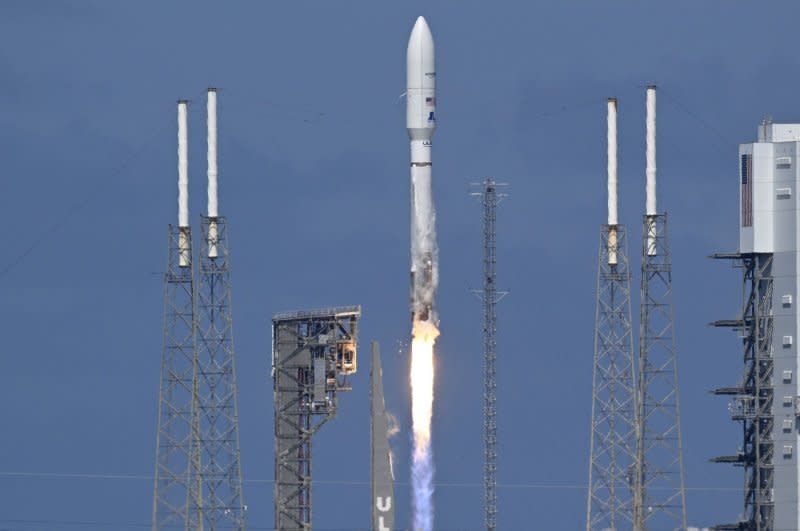
Oct. 6 (UPI) -- An unmanned Atlas V rocket lifted off from Cape Canaveral Friday as part of a mission to place thousands of communication satellites in low Earth orbit to expand global access to broadband.
The Atlas V lifted off at 2:08 p.m. EDT, with the high-powered burner delivering two test satellites for Amazon's Project Kuiper, which seeks to bring high-speed Internet to unconnected populations around the world.
About 18 minutes after liftoff, the prototype satellites, Kuipersat-1 and Kuipersat-2, spun into orbit a little more than 300 miles above the Earth.
Amazon has set a goal to install 3,236 of the satellites in space by the end of 2026, with a number of U.S. aerospace manufacturers assisting in launch efforts.
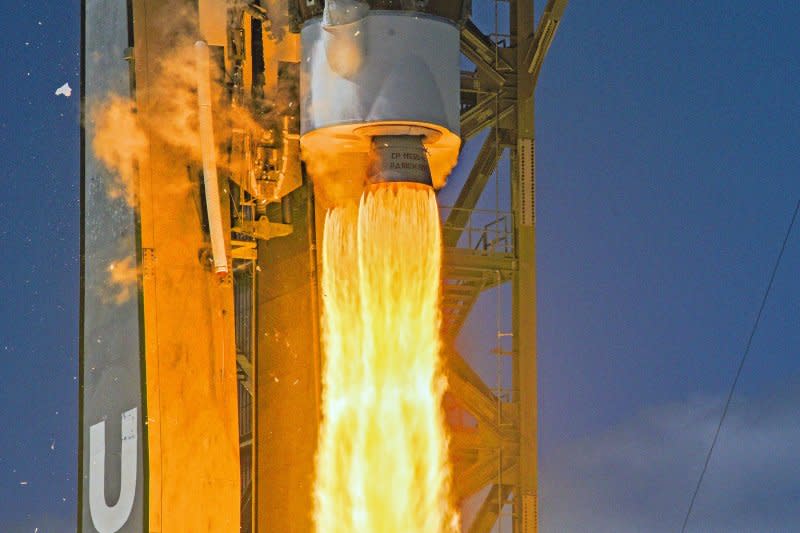
As part of Amazon's licensing deal with the Federal Communications Commission, the global e-commerce giant is required to be operating at least half of the Project Kuiper satellites in the initial rollout by July 2026.
Some of the new broadband connections were expected to be operational by late 2024 in regions where there was no service before.
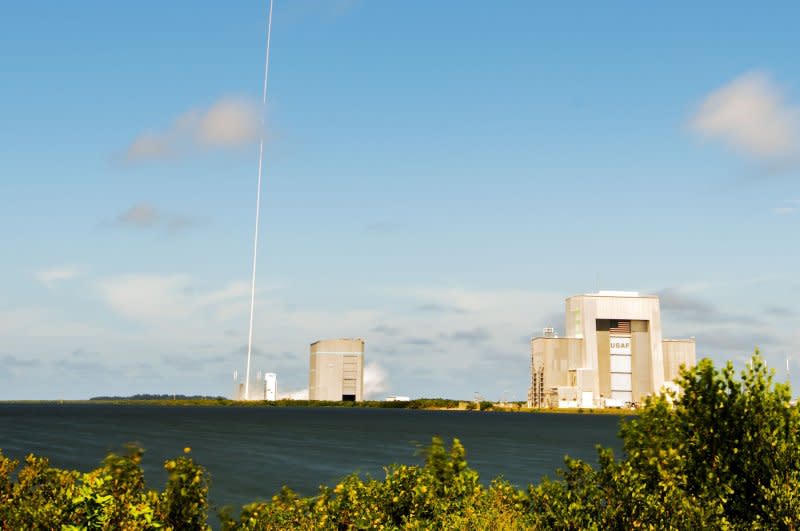
In a similar effort that launched late last year, Elon Musk's SpaceX received federal approval to launch 7,500 satellites in an effort to expand the company's Starlink broadband services around the world.
Meanwhile, the Project Kuiper countdown began more than 6 hours before the 2-hour launch window opened, with the Atlas rocket arriving on the launch pad at the Complex-41 overnight Thursday.
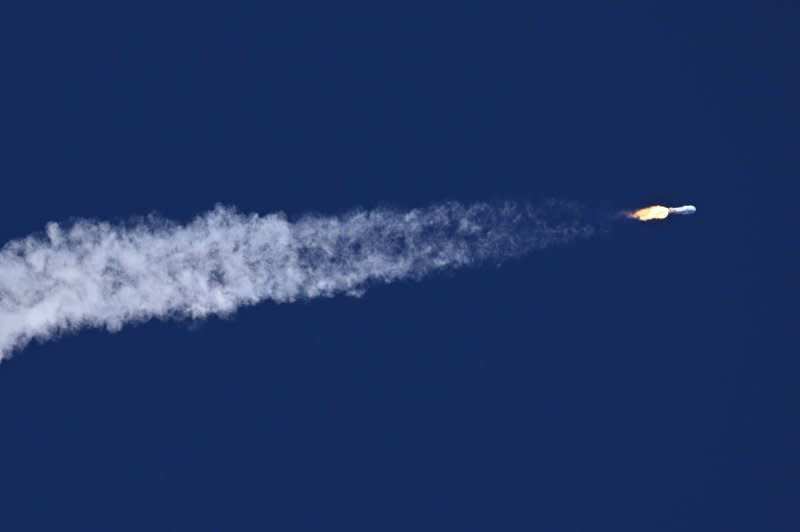
The launch was live streamed over the Internet, including on the blog site of the United Launch Alliance, the U.S. aerospace contractor that was shepherding the test mission.
Flight controllers had previously suggested the launch could be scrubbed if the clouds thickened above Florida's Space Coast, but the launch proceeded as planned.
